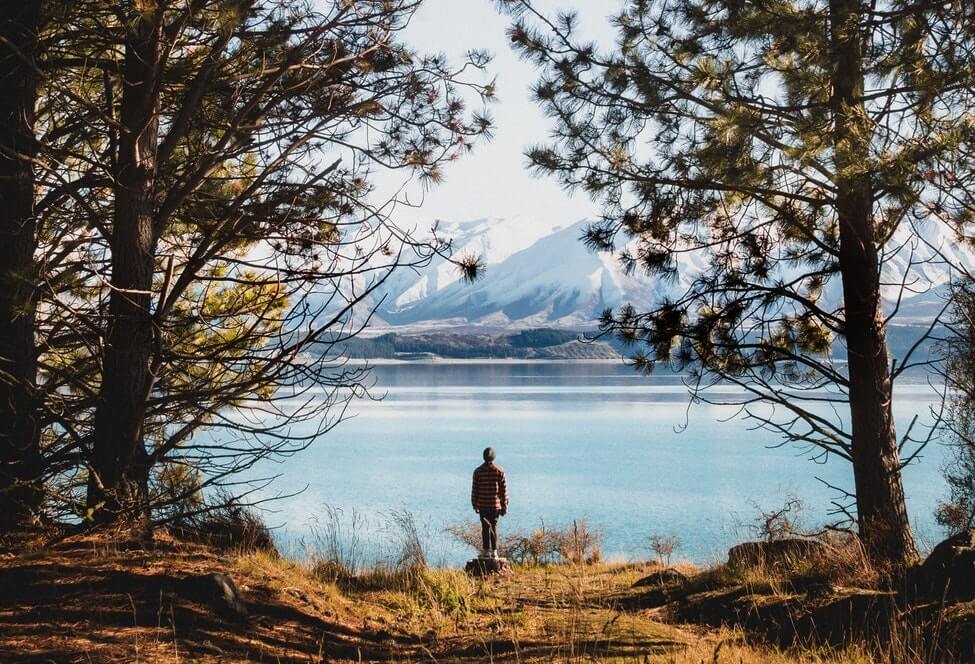Dairy farming is polluting New Zealand’s lakes, making over half completely “unswimmable”. Government data released back in 2013 stated that around 60% of the countries’ lakes and rivers were not safe for humans to submerge themselves in.
The situation since then, it seems, is hardly improving. According to The Economist, around 6.6 million cattle are currently farmed in the country. This hugely outweighs their human population, which stands at roughly 4.7 million.
One of the problems is nitrogen-rich bovine urine, a catalyst for toxic algae. If contaminated water is consumed by somebody who is pregnant, it can have catastrophic and potentially fatal consequences for the unborn child. It can cause what has been named “blue baby syndrome”, a condition that has been known to kill animals such as dogs in the past. Another issue is manure, which can contaminate water sources with dangerous bacteria like E.coli.

Arguably, urgent action needs to be taken to prevent the problem from worsening. Environmentalists maintain that the answer is cutting down on the amount of dairy farming that takes place in the country. A solution that may not be so far from becoming a reality in coming years.
Currently the trend for veganism has gripped the country, with reports surfacing that vegan brands and suppliers are struggling to keep up with the demand. Back in August, it was also reported that the meat industry was feeling insecure; with one of the main threats identified being the population’s changing attitude towards the consumption of animal products. Since then, Beyond Meat has swooped in, offering their plant-based burger patty in the stores of one of New Zealand’s major suppliers of vegan products.
This new rising level of interest in veganism has largely been blamed on documentaries such as “What the Health” and “Okja”. “They shock people into thinking about what they’re eating,” said Mel Patterson of the Christchurch Vegetarian Centre. “People start to feel uncomfortable about what they’ve eaten in the past.”


